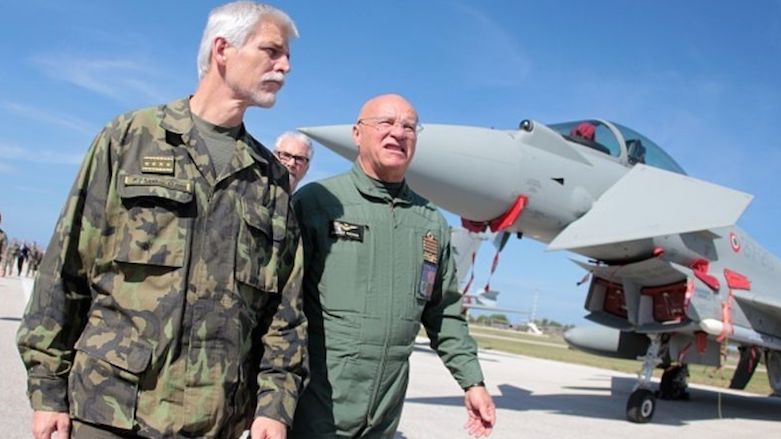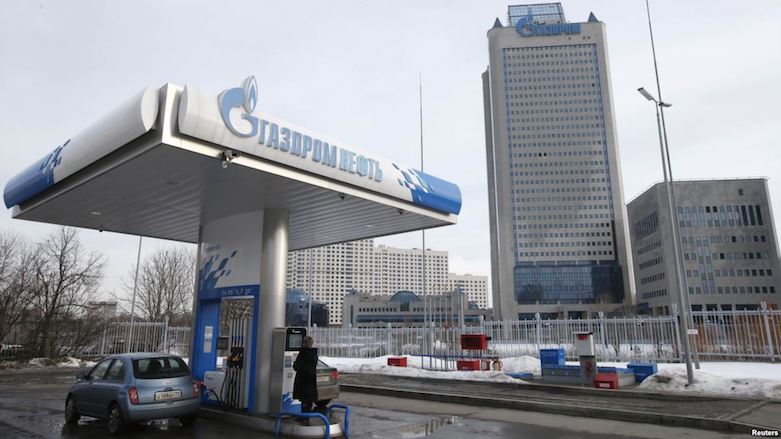Russian missiles not like Kalashnikovs: Top NATO General to Turkey

ERBIL, Kurdistan Region (Kurdistan 24) - One of the highest-ranking NATO commanders warned Turkey that its planned acquisition of Russian air defense systems was undoubtedly going to put vital information and assets of the alliance at significant risk.
Chairman of the NATO Military Committee General Petr Pavel said that installing S-400 surface-to-air missiles in Turkey was not like using a Kalashnikov, often called an AK-47, the legendary Russian automatic assault rifle which endures as one of the most widespread and deadliest weapons on global battlefields since its creation in the mid-20th century.
"Getting the S-400 ready for battle isn’t like handing a soldier a Kalashnikov, which can be used by any untrained soldier," Pavel said, in remarks printed in Breaking Defense, a Washinton-based online defense magazine.
To deploy and activate the missile system would require Russian personnel to be on the ground to instruct the Turkish military how to operate the complicated radars and fire control systems, he explained.
Pavel warned that doing so would hand Moscow critical intelligence on what NATO assets are in Turkey, where they are located, and what kind of capabilities they may have.

Pavel said that this particularly worrying part of the purchase was due to the detailed database required to make the system operational.
"And the database will be collected on the territory of a NATO ally, with all allied assets present in Turkey” being mapped and logged into Russian systems, he stated.
The United States stores as many as 50 B61 gravity bombs in Turkey, part of the estimated 150 American nuclear weapons spread throughout Europe, the magazine noted.
Officials from NATO have previously told Turkey that the Russian system cannot be integrated into any NATO network.
Pavel said it would be “hard to imagine that NATO experts would be sitting in Russia for several months and feeding the database," as well as the reverse scenario, "that Russian experts will be sitting in a NATO ally and feeding a Russian system with NATO data."
On Tuesday, Turkish President Recep Tayyip Erdogan vowed defiance in the face of Western criticism.
"You said that you would not let Turkey acquire S-400. You claimed that the contact with Russia was a mistake. You also said that you might introduce sanctions. We are not going to be accountable to you. We will proceed along the right way without any concessions for the sake of achieving our own goals," Erdogan declared.
Ankara expects to receive the first delivery of S-400s by 2019, according to a statement made by Turkey's defense minister late last year.
Turkish procurement of Russian military technology comes amid the Erdogan administration's apparent disentanglement of the country from the fold of the West. This move is seen as largely due to rising disputes and incompatible policies in the Middle East between the two, primarily Turkey's involvement in war-torn Syria.
Editing by John J. Catherine

